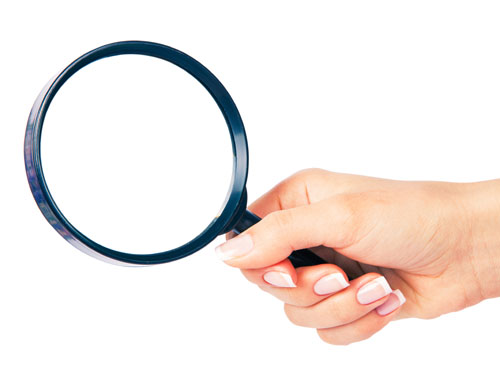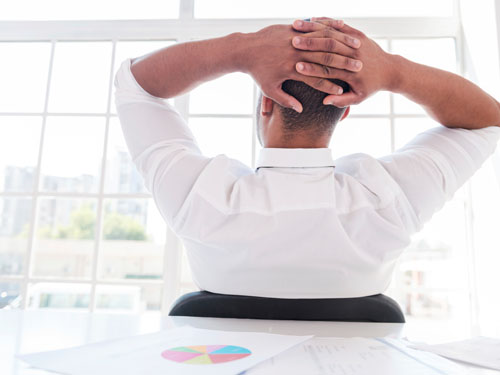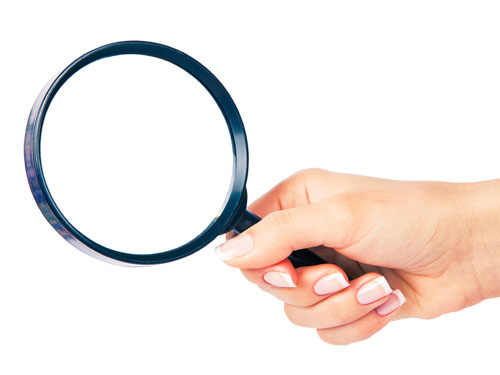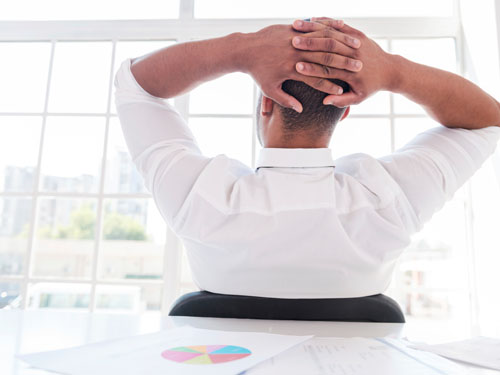EVERYONE NEEDS A HEIGHT ADJUSTABLE DESK
○ Environments should suit the user, not the other way around
○ Back pain is one of the most common issues in adults 18+
○ Height adjustable desks promote spinal health and increase mental and overall well being
○ Alternating between sitting and standing helps support healthy blood circulation, joint health and correct posture
Our spinal health should be our number one priority. Unfortunately, for one reason or another, it ends up being our last thought until something goes wrong. Somehow, throughout many years, we seem to have forgotten our backs and become accustomed to not taking our health seriously until its almost too late.
Back pain and intervertebral disc disorders are among the leading causes of medical issues in adults over 18 years old, according the the Australian National Health Survey (2004-2005). Height adjustable desks are an excellent way to help promote spinal health, increase your mental health and your overall well-being. They provide a much needed break for our bodies from all those hours of sitting throughout the day. It gives us a chance to relieve the extreme pressure we put our backs under and provides the spine and mind valuable recovery time, allowing it to properly begin healing and regain its strength back.


HOW DID WE END UP SITTING SO MUCH?
○ Your body is designed to be mobile
○ We forget that our bodies need constant care and attention
○ We sit too much, at work and at play
The human body is complex. Our bodies are designed to be mobile, to be agile and to complete complex tasks without pain. Unfortunately, we tend to forget the simple maintenance techniques required to keep these complexities from going on unhindered. We’ve traded the outdoors for four walls, a desk and a chair. Like the majority of the working population, the internet gave us access to worldwide data.
Literally billions of hours of data we can search for at the touch of a fingertip. We do banking, we shop, we watch TV, we watch sport and we do most of our learning from the internet, all whilst sitting down. Sitting has become the number one position for our bodies. We sit down for an hour in the car to work, 8 hours at work, the return trip home, on the couch and dinner. Afterwards, we lay down to sleep and get up to do it all again. Starting to see the issue…?
WHY WE SHOULD STILL SIT
○ Reduces the strain on your heart & circulation
○ Allows the body time to relax
○ Requires less energy to maintain a healthy posture


WHY WE ALSO NEED TO STAND
○ Reduces risk of obesity
○ Reduces risk of Type 2 diabetes
○ Reduces risk of cardiovascular disease
○ Reduces risk of cancer growth
○ Increases life expectancy
It’s no secret that we are all sitting too much. There are countless hours of research describing the negative effects of prolonged sitting. Whilst sitting is not the answer, below you will see some of the positive effects of standing whilst at work.
WHY IT IS IMPORTANT TO ALTERNATE
○ Reduces fatigue
○ Reduce pain
○ Increases productivity
○ Reduce risks of major diseases
○ Increases blood circulation
○ increases mental stimulation and productivity
The problem comes when you sit and stand for too long. The longer the period of continuous work, the longer the recovery time needed. Doing either for too long means we grow tired and begin to lean and hunch and place our bodies into compromising positions to combat this tiredness.
This type of behaviour becomes detrimental to our bodies circulatory system and increasingly detrimental to our efficiency and productivity. By shifting between sitting and standing often enough our body learns to stay active and maintain a normal blood flow, increasing blood flow & oxygen supply to the brain, resulting in higher alertness and increased productivity. The perfect solution for another long day at work.
Alternating between sitting and standing is a positive step to combating the perils of both sitting and standing for too long. By alternating, we can. Find out about the health and safety benefits of height adjustable desks in our Health and Safety Benefits section here.






